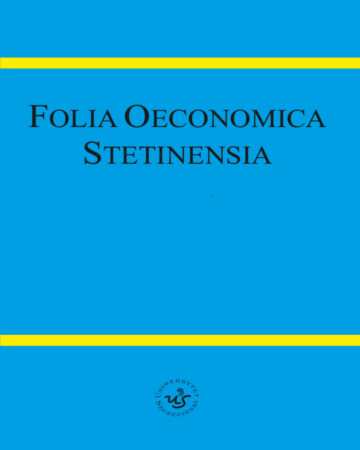This article has been published in journal ‘Folia Oeconomica Stetinensia’. Volume 24 (2024) Issue 1
DOI: 10.2478/foli-2024-0006 | 87–104
ISSN (print): 1730-4237 | ISSN (online): 1898-0198
The purpose of the article is to identify the factors that influence commuting by bicycle with a specific focus on Tbilisi and Warsaw. Based on the testing of hypotheses, the authors intended to determine how different factors affect commuting by cycling in these two cities. Design/methodology/approach: The study uses a structured and self-administered online questionnaire of bicycle users in both cities. The survey collected data on cycling behaviour, motivations, and perceptions of cycling infrastructure. The population of the cycling community was 12,000 in Tbilisi and 14,000 in Warsaw.
The increasing agreement regarding the benefits of cycling has captured policymakers’ attention, spurring their desire to elevate the proportion of individuals who choose bicycles as their mode of commuting (Banerjee et al., 2021). Urbanization and automobile ownership have been following an increasing trend all over the world due to various reasons. This trend is more visible in developing countries. As a result, the major cities in the developing countries have been experiencing a continuous deterioration of the transportation system and air quality, oftentimes due to proactive planning and lack of resources (Mansoor et al., 2021).
The article is a product of collaboration among the following authors: Mr. Giga Kikoria, Business and Technology University, Mr. Zezva Sanikidze, Tbilisi State University, Mr. Marek Sikora, Bydgoszcz University of Science and Technology and Mr. Simon Gelashvili, Tbilisi State University.
